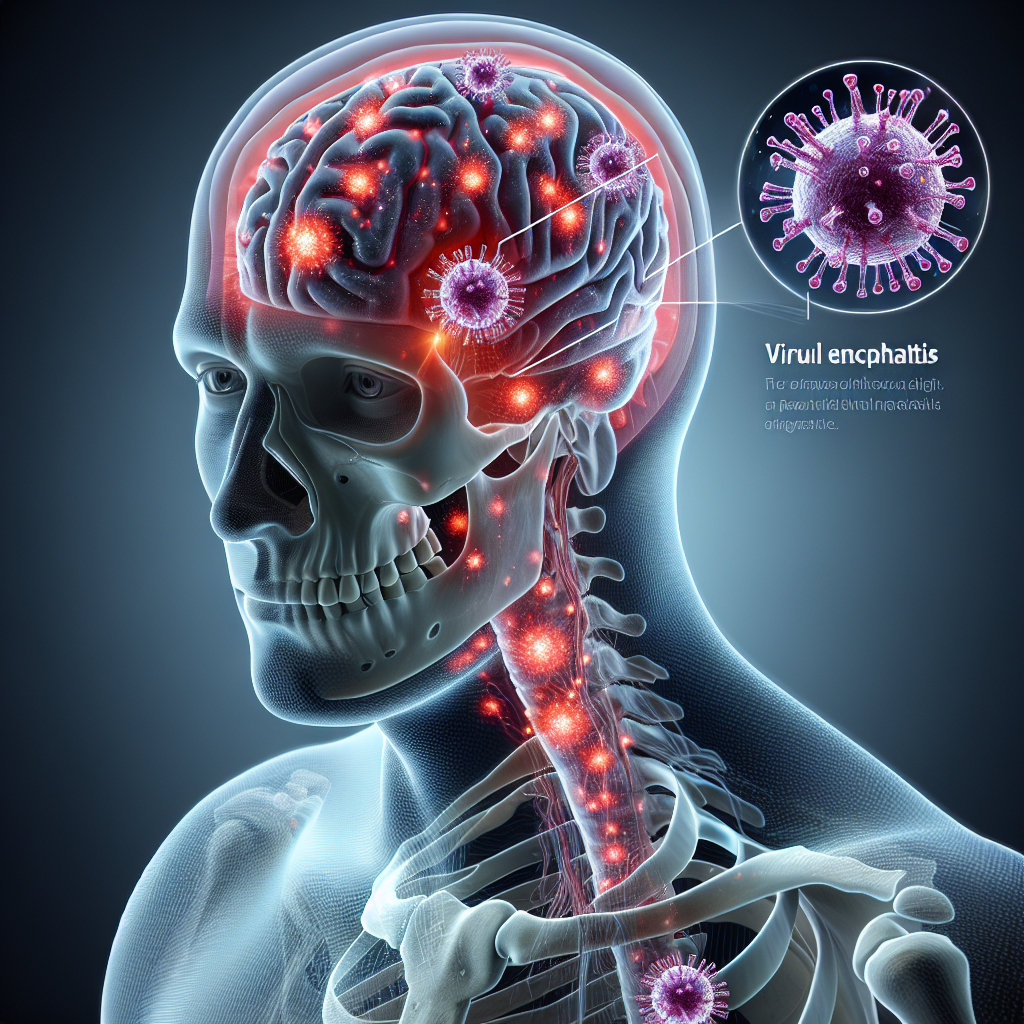Kerala on High Alert: Tackling the 'Brain-Eating' Amoeba Challenge
Kerala faces a public health challenge due to a rise in cases of primary amoebic meningoencephalitis (PAM), a rare and fatal encephalitis. The state's health authorities are intensifying testing and chlorination efforts to combat this disease, which has claimed 19 lives this year, potentially exacerbated by climate change.

Kerala is grappling with a public health crisis following a rise in instances of primary amoebic meningoencephalitis (PAM), a rare but deadly form of encephalitis. Authorities in the southern Indian state have intensified testing and preventive measures to combat the outbreak.
The state has recorded 69 cases and 19 deaths from PAM, associated with the Naegleria fowleri amoeba, this year alone, according to state health minister Veena George. Uniquely, current cases are isolated and not linked to a single water source, complicating epidemiological efforts.
Efforts to curb the disease include chlorinating water sources, with Kerala achieving a higher survival rate of 24% compared to the global average of 3%. Experts warn that climate change and increased recreational water activities may increase human encounters with this pathogen.
(With inputs from agencies.)










